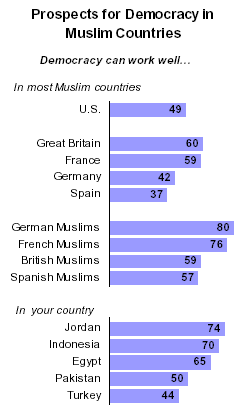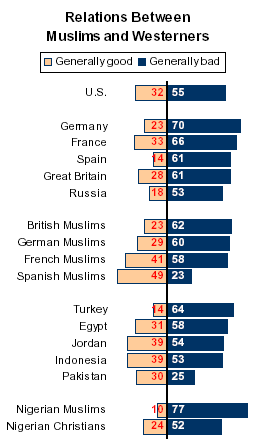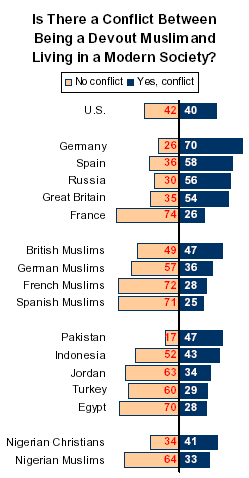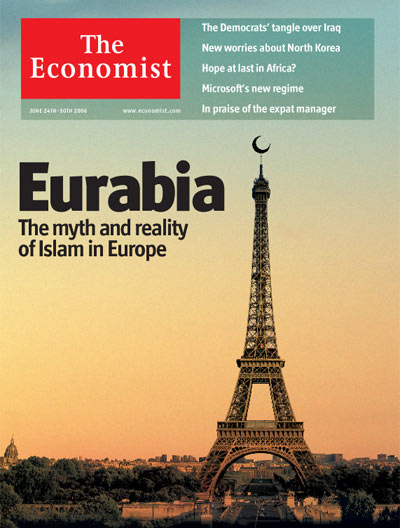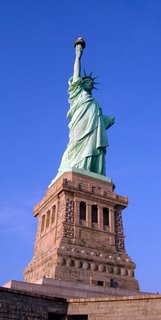After 7 years studying a foreign language, French high school students sit for their foreign-language exam for the Baccalaurate (the French national high school graduation exam - see our post here and here).
That's what they did yesterday. So in order to give you an idea of the sort of things that the French Education requires for this exam, I decided to put on the blog the exam given to the S stream ( the most prestigious stream which prepares students for work in scientific fields.)
It is a written exam and lasts 3 hours. There are two parts - the students first have to answer questions (and translate a few lines), and then write an essay of about 300 words.
This year, the text was an extract from Small Island, by a British author, Andrea Levy, written in 2004.
NOTE: As a high-school teacher, I am required to grade the Baccalaueate exam. I will be given about 90 papers to grade and I'll have about a week to do it. It's more tiring than it looks. The hardest part is to remain focus as it gets repetitive. It takes about 1/2 an hour to grade one paper so it might take up to 45 hours of your week - which is a long time to focus.
Here it is.
"I am a teacher and I understand this is the place at which I should present myself for a position in that particular profession." Through the woman's warm smile I detected a little confusion. Too well bred to say "What?" she looked a quizzical eye on me, which shouted the word just as audibly. I repeated myself clearly but before I had completed the statement the woman asked of me sweetly,
"Did you say you are a teacher?"
"I am," I said. My own smile was causing me some pain behind my ears but still I endeavoured to respond correctly. I handed her the two letters of recommendation which I had taken from my bag in anticipation of their requirement. She politely held out her slim hand, took them, then indicated for me to sit. However, instead of studying the letters she merely held them in her hand without even glancing at their contents.
"What are these?" she asked with a little laugh ruffling up the words.
"These are my letters of recommendation. One you will see is from the headmaster at—"
Interrupting me, her lips relaxed for just a moment before taking up a smile once more. "Where are you from?" she asked. The letters were still held in mid-air where I had placed them. "I am from Jamaica," I told her. She was silent, we both grinning on each other in a genteel way. I thought to bring her attention back to the letters. "One of the letters I have given you is from my last post. Written by the headmaster himself. You will see that—"
But once more she interrupted me: "Where?"
I wondered if it would be impolite to tell this beguiling woman to read the letter in her hand so all her questions might be answered. I concluded it would. "At Half Way Tree Parish School," I told her.
"Where's that?"
"In Kingston, Jamaica."
"Well, I'm afraid you can't teach here," and passed the unopened letters back to me. I was sure there had been some misunderstanding, although I was not clear as to where it had occurred. Perhaps I had not made myself as understood as I could. "If you would read the letters," I said, "one will tell you about the three years of training as a teacher I received in Jamaica while the other letter is concerned with the position I held as a teacher at—"
She did not let me finish. "The letters don't matter," she told me. "You can't teach in this country. You're not qualified to teach here in England."
"But..." was the only sound that came from me.
"It doesn't matter that you were a teacher in Jamaica," she went on, "you will not be allowed to teach here." She shook the letters at me. "Take these back. They're of no use."
When I did not take them from her hand she rattled them harder at me. "Take them," she said, so loud she almost shouted. Her smile was stale as a gargoyle. My hand shook as it reached out for the letters. And all I could utter was "But—"
"Miss, I'm afraid there really is no point your sitting there arguing with me." And she
giggled. The untimely chortle made my mouth gape. "It's not up to me. It's the decision of the education authority. I can do nothing to change that. And, I'm afraid, neither can you. Now, I don't mean to hurry you but I have an awful lot to do. So thank you for coming."
Every organ I possessed was screaming on this woman, "What are you saying to me?"
She went back about her business. Her face now in its normal repose looked as severe as that of the principal at my college. She picked up a piece of paper, wrote something at the top. She looked to another piece of paper then stopped, aware that I was still there.
"How long is the training in England?" I asked her.
"Goodbye," she said, pointing a finger at the door.
"Must I go back to a college?"
"Really, miss, I have just explained everything to you. You do speak English? Have you not understood me? It's quite simple. There is no point you asking me anything else. Now, please, I have a lot to do. Thank you."
And she smiled on me — again! What fancy feigning. I could not stand up. My legs were too weak under me. I sat for a little to redeem my composure. At last finding strength to pull myself up, I told this woman, "I will come back again when I am qualified to teach in this country."
"Yes," she said, "you do that. Goodbye."
Small Island, Andrea Levy, 2004
(abridged and adapted)
QUESTIONS:
1. What do you learn about the narrator: occupation, country of origin and sex?
2. In what country does the scene take place?
3. (lines 1-2) "I understand this is the place at which I should present myself for a position in that particular profession."
a. In the passage "the place" is not described in detail. What could the underlined words refer to?
b. Explain what the narrator has come there for.
4. (line 7). I handed her the two letters of recommendation...
Who does the underlined pronoun refer to? Suggest what that character's status or job may be.
5. What does the narrator expect the other character to do with the letters?
6. What does the narrator feel these letters prove?
Questions 7 and 8. Focus on lines 8 to 37. She politely hold out ... reached out for the letters.
7. There are three stages in the way the other character deals with the letters. Describe what these stages are.
8. Pick out two quotations from the text which show how this character justifies such an attitude.
9. Focus on the passage from line 30 to the end of the text. Are the following statements true or false? Justify each answer with a quotation from the text.
a. This character is impressed by the narrator's professional experience.
b. This character is helpful towards the narrator.
c. This character is insulting about the narrator's mastery of the English language.
10. (line 44). Her face now in its normal repose...
In what way have her face and attitude changed throughout the whole scene? Use elements from the whole text to justify your answer. (40 words, quotations not included)
11. What do these changes reveal about this character's true feelings? (30 words)
12. Using the following quotations, analyse the changes in the narrator's state of mind and show the different stages the narrator has gone through. (30 words)
(line 6) My own smile was causing me some pain behind the ears...
(line 36) My hand shook...
(lines 53-54) My legs were too weak under me.
(line 55) "I will come back again..."
13. Translate into French from line 27 to line 30 "If you would read the letters,"... she did not let me finish
EXPRESSION:
Choose subject 1 (a+b) or subject 2.
1.
a. Some time later the two characters in the text meet again. The narrator has become "qualified to teach in this country" and decides to go and see the same person again. Write their conversation. (150 words)
b. Should French diplomas be valid everywhere in Europe? (150 words)
2. How can overcoming obstacles at school or at work make someone stronger? Illustrate your point with one or two examples. (300 words)
 It is 1:00 pm and still you can hear car drivers honking their horns all over Paris after the victory of France over Spain - 3 to 1 at the World Cup. A remarkable game with Zidane, the hero of the 1998 final victory over Brazil, scoring the final goal. This large victory was unexpected, and les bleus were sort of the underdog team, even in France.
It is 1:00 pm and still you can hear car drivers honking their horns all over Paris after the victory of France over Spain - 3 to 1 at the World Cup. A remarkable game with Zidane, the hero of the 1998 final victory over Brazil, scoring the final goal. This large victory was unexpected, and les bleus were sort of the underdog team, even in France.
